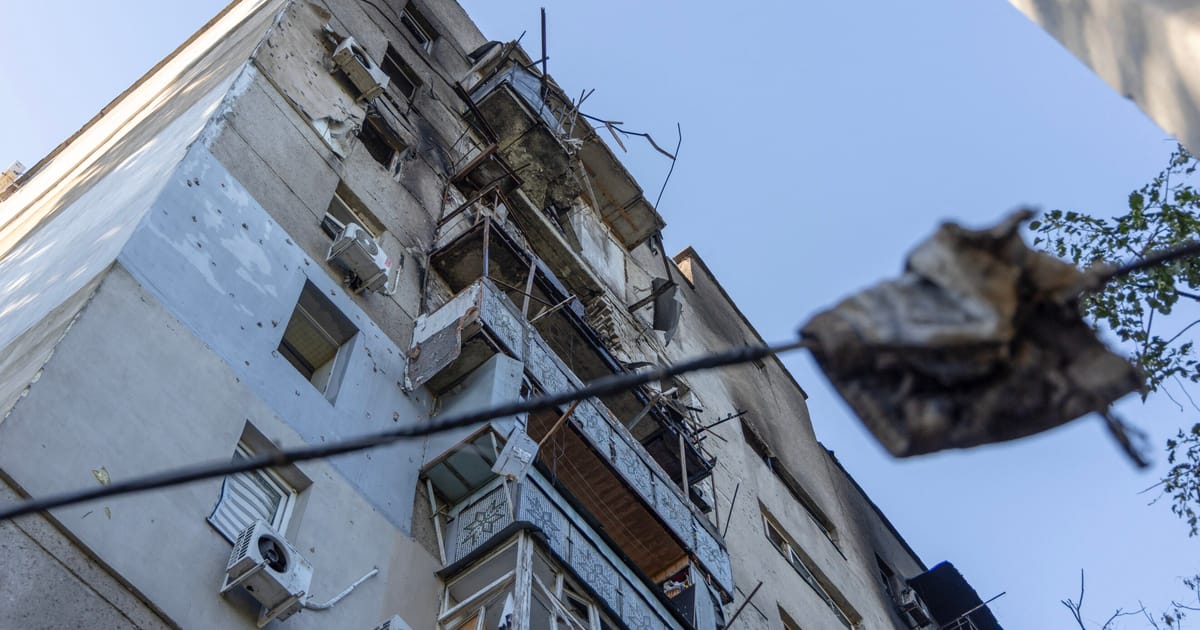

In recent days, the world has witnessed a spectrum of challenges across different regions, underscoring the urgent need for peaceful resolutions and humanitarian empathy. By piecing together the events unfolding from Europe to the Middle East, we gain a comprehensive view of how interconnected the fabric of world affairs truly is.
In Ukraine, a substantial drone and missile assault orchestrated by Russia has targeted multiple cities, including the vital port city of Odesa. Ukrainian President Volodymyr Zelenskyy reported that over 300 drones and 30 missiles were deployed in this extensive attack. The escalation of conflict in Ukraine highlights the enduring volatility in the region, despite global efforts to find a diplomatic pathway to peace. Odesa, crucial for its strategic location, remains at the heart of this intensified military engagement. With the resilience of the Ukrainian people being tested daily, there remains a steadfast hope for a resolution that can bring about a stable and lasting peace.
Meanwhile, in France, the city of Limoges has been the scene of overnight violence, where masked individuals clashed with police forces. These groups, suspected to be involved in a turf war, used metal bars and incendiary devices to disrupt the peace, leaving nine police officers injured. This incident shines a light on the broader challenges of domestic unrest and the necessity for community-driven solutions that promote dialogue over discord. Authorities in France are working to unravel the causes of such conflicts with the aim of fostering safer, more unified urban environments.
In Gaza, escalating violence has drawn condemnation from global leaders, including Pope Leo XIV, who described the conflict as “barbaric.” The Palestinian Health Ministry reports that at least 85 individuals were tragically killed while waiting for food. The indiscriminate acts of violence highlight the humanitarian crisis impacting the region, sparking urgent calls for international intervention. Additionally, a contentious debate surrounds the Gaza Humanitarian Foundation, with some viewing it as a politicized tool for administering aid in ways that may contravene international norms.
Syria, a country with its own tumultuous past, remains embroiled in conflict within the province of Sweida. Despite an official ceasefire declared by the government, clashes persist between Bedouin and Druze fighters. Over 900 lives have been claimed in this confrontation, illustrating the deep-rooted complexities that continue to challenge the region’s stability. The Syrian government has urged all sides to honor the ceasefire agreement, and efforts are underway to restore tranquility and uphold the sovereignty of the nation.
These concurrent narratives from different parts of the world highlight the critical need for compassionate leadership and empathetic diplomacy. As we navigate these multifaceted global issues, there is a shared responsibility to foster environments that prioritize peace, uphold human dignity, and inspire hope. The path to healing and rebuilding may be fraught with challenges, but it is imbued with the potential for profound transformation when guided by mutual understanding and cooperation.
Source: {link}
